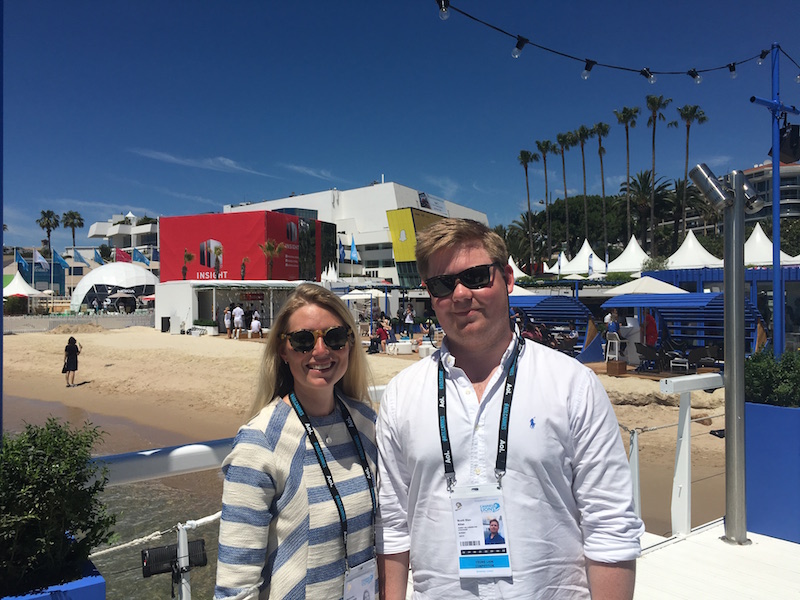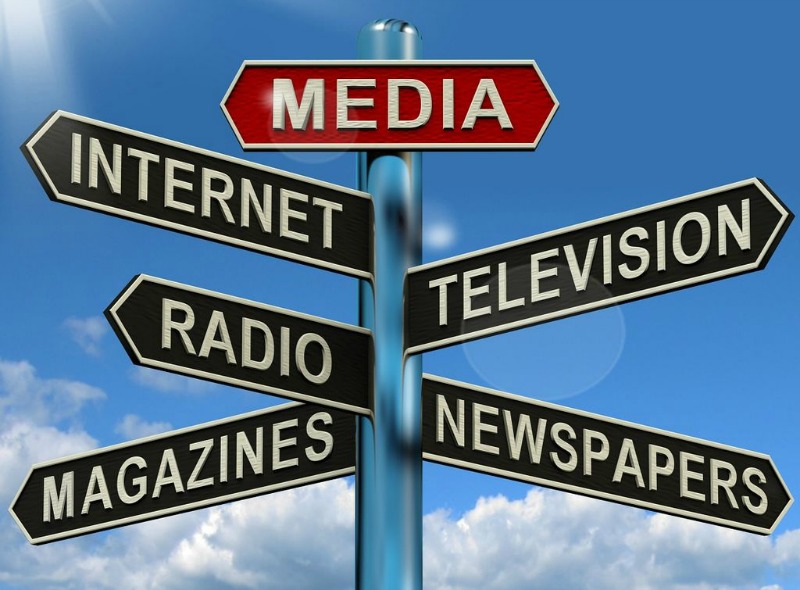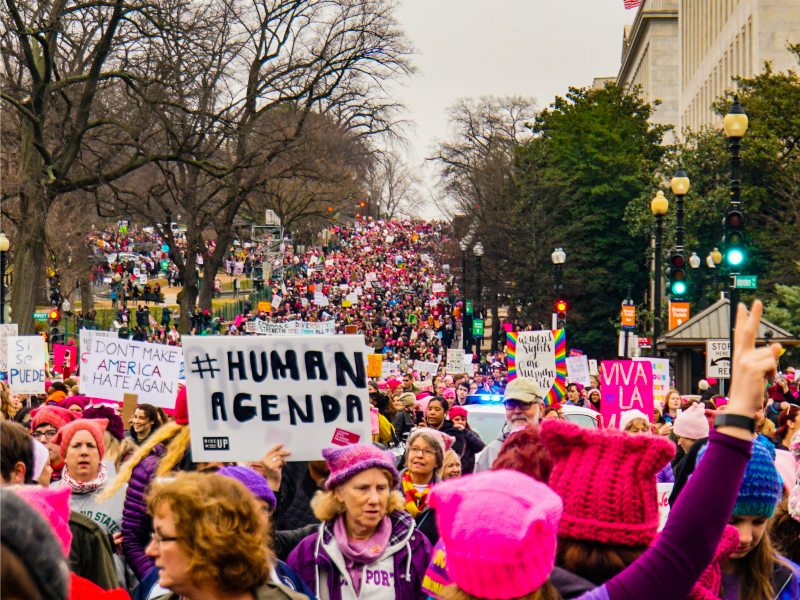Hill+Knowlton Strategies 23 Jun 2016 // 12:37PM GMT

At this year's Young Lions Competition, two of our H+Kers, Scott Olav Allan, Account Manager, and Henriette Frølich Holte, Junior Account Executive, Gambit Hill+Knowlton Strategies, came all the way from Norway to tackle a brief set by a non-profit organization and present to members of the Cannes Lions jury. The catch? Competitors in the international Young Lions competition are given only 24 hours to respond to the brief.
We got a chance to catch up with Henriette and Scott, who won Silver in the Young Lions PR competition, to find out more about how they approached this year's brief.
Tell us about yourself and the process that got you here.
Firstly, we found the brief at the national Young Lions competition really engaging, and therefore, we decided to apply to the competition. We worked late nights after office hours for a whole week and submitted our entry, about two minutes before the deadline. I think we had a very simple and clean idea. That’s why it got us here.
What was the brief you received when you got here, and how did you decide to respond to it?
This year’s client for the international Young Lions competition is The United Nations. The task is to create a campaign for their 2030 Sustainable Development Goals.
Our specific task is to tackle food waste in retail in developed countries by engaging the public to put pressure on retailers not to waste so much food. We decided to take a step back and focus on the mechanisms that make us buy too much in the first place. We decided not to create a campaign on how to use the excess food you have already bought, but instead to go for an idea on how to stop people buying too much food in the first place.
We all know the feeling of hunger-shopping, how much more you buy when you go to the store on an empty stomach. Our idea is simply to encourage people to eat before they go grocery shopping, and your subconscious mind will do the rest. The campaign is called "Bite Back Against Food Waste." Because Biting Back is not only about the physical act of eating, but also a symbol for people to stand up to retailers to change the way they operate. If you are not hungry when you go shopping, it does not only reduce food waste, but also helps you save money and eat healthier. So, it’s a win-win deal for everyone.
How did you remain creative under the pressure?
We just sat down at the beach, had some great dinner and talked through our different ideas. Then, we went back to our apartment and tried to structure our idea. The next morning, we came to the competition area and produced the presentation. While working on our presentation we were always conscious on how to streamline our campaign. And also, we didn’t stress and tried to relax as much as we could by taking a lot of breaks and walks.
Sometimes, it might get a little bit intense when you realize that you are surrounded by so many talented people. We tried to avoid thinking like that. So we kept telling ourselves that we are the best team in the competition. Also a huge thanks to our colleagues at H+K London who listened to us rehearse our presentation, and gave us confidence before the final presentation.
What have you learned here at Cannes that you would like to pass on to people who are not here?
Being here allows you to see all the great ideas the other teams come up with, and get inspired by really talented speakers. But maybe the key learning for us is that great ideas are the ones that push the boundaries of the challenge. So, if you decide to go for something bold, don’t be afraid to fail.


































.jpg)


.png)
.jpg)











